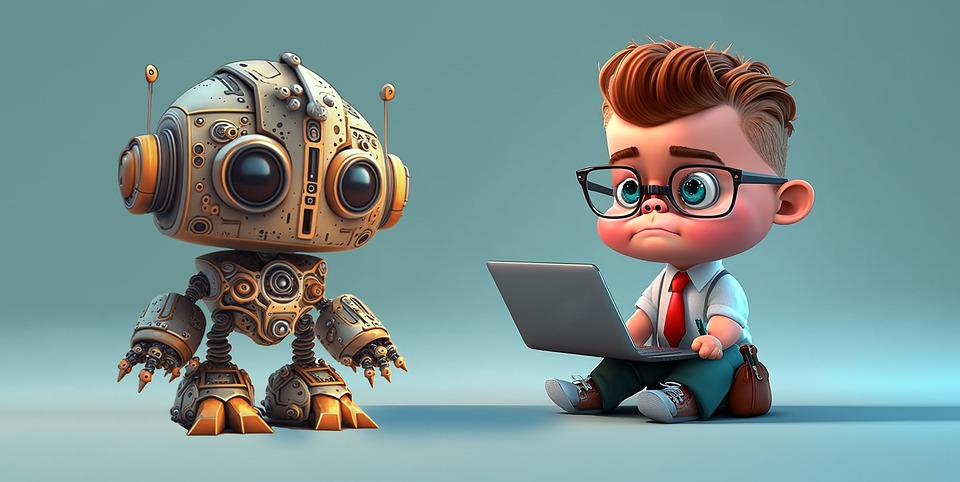Artificial Intelligence: A New Era of Technology
Artificial intelligence, commonly referred to as AI, is a rapidly growing field that has revolutionized the way we interact with technology. From virtual assistants like Siri and Alexa to self-driving cars, AI has become an integral part of our daily lives.
The History of AI
AI has its roots in the 1950s, when researchers began to explore the concept of creating machines that could think and learn like humans. Over the decades, advancements in computing power and algorithms have led to the development of sophisticated AI systems that can perform complex tasks with accuracy and efficiency.
The Impact of AI
AI has the potential to transform industries across the board, from healthcare to finance to transportation. In healthcare, AI-powered diagnostic tools can analyze medical images and provide more accurate and timely diagnoses. In finance, AI algorithms can predict market trends and make trading decisions in real-time. And in transportation, self-driving cars are poised to revolutionize the way we get from point A to point B.
The Future of AI
As AI continues to advance, we can expect to see even more groundbreaking applications in fields such as robotics, cybersecurity, and agriculture. While there are concerns about the ethical implications of AI, such as job displacement and privacy issues, experts believe that the benefits of AI far outweigh the risks.
Conclusion
Artificial intelligence is shaping the future of technology in ways we never thought possible. With its ability to analyze vast amounts of data and make decisions at lightning speed, AI is poised to revolutionize how we live, work, and interact with the world around us. As we embrace this new era of technology, it’s important to approach AI with caution and ethics in mind, ensuring that we harness its power for the greater good.

